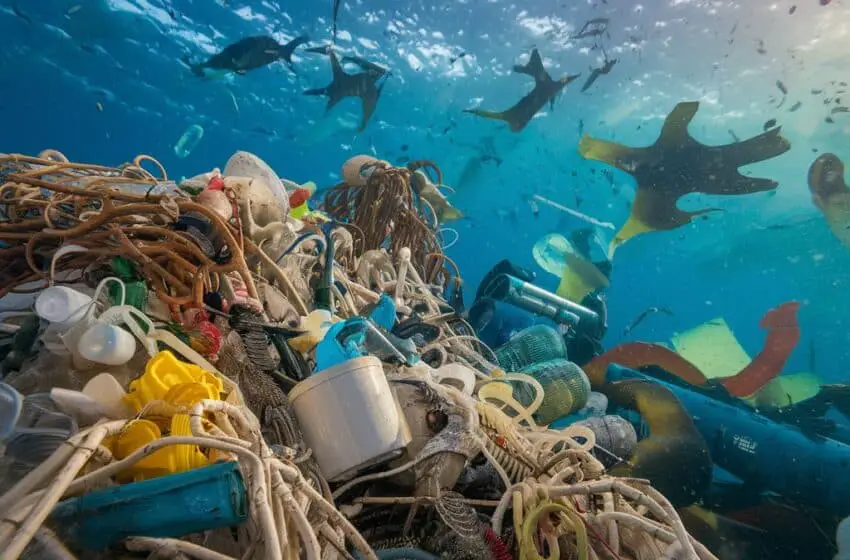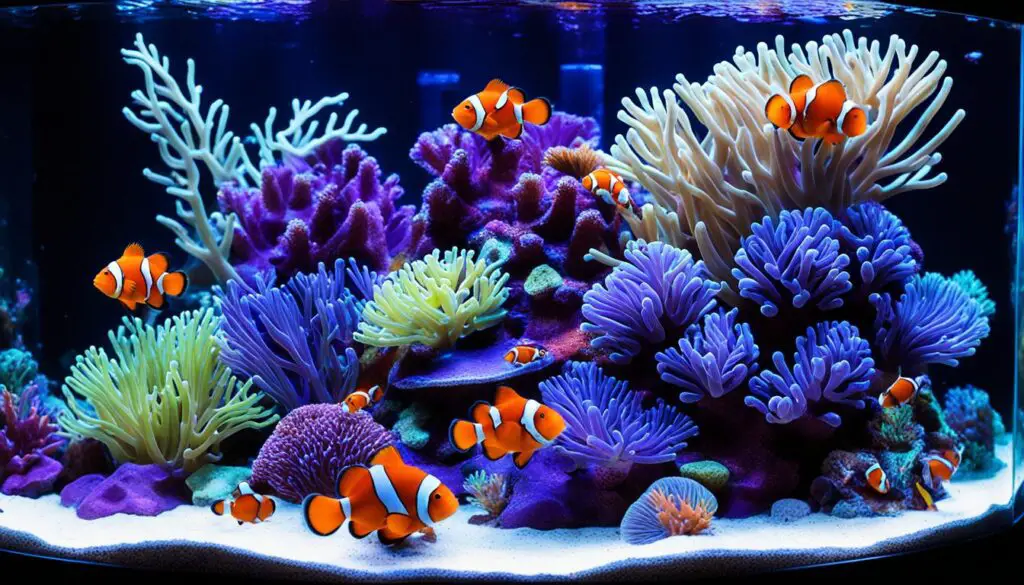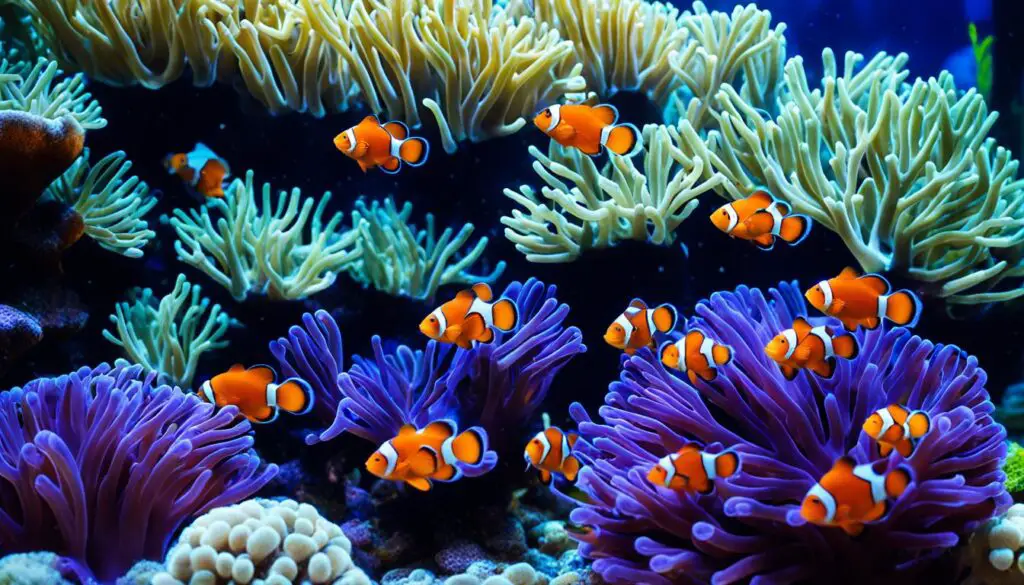Combatting Plastic Waste in Oceans: Solutions and Strategies

Plastic Waste in Oceans
Plastic waste in oceans has become one of the most pressing environmental challenges of our time. Every year, millions of tons of plastic end up in the ocean, causing severe harm to marine ecosystems and human health. This article delves into the sources, impacts, and potential solutions to the problem of plastic waste in oceans, aiming to raise awareness and promote action.
The Scope of Plastic Waste in Oceans
According to the United Nations, approximately 8 million tons of plastic waste enter the oceans every year. This staggering figure accounts for a significant portion of the total plastic produced worldwide. It is estimated that if current trends continue, the weight of plastic in the ocean will surpass that of fish by 2025.
Sources of Plastic Waste
Plastic waste in oceans originates from various sources, including:
- Land-based sources: Littering, inadequate waste management systems, and urban runoff contribute significantly to ocean pollution.
- Marine activities: Fishing gear, shipping, and oil exploration lead to a considerable amount of plastic waste in coastal waters.
- Microplastics: Tiny plastic particles from degraded larger items and microbeads from personal care products are pervasive in the ocean.
Impacts of Plastic Waste on Marine Life
The effects of plastic waste in oceans are devastating for marine life:
Ingestion and Entanglement
Many marine animals mistake plastic for food, leading to ingestion. This can cause internal injuries, starvation, and death. Additionally, larger species, such as whales and turtles, often become entangled in plastic debris, leading to injury or drowning.
Disruption of Marine Ecosystems
Plastic waste disrupts the natural balance of marine ecosystems. It can damage coral reefs, reduce biodiversity, and interfere with the reproductive systems of marine organisms. Toxic chemicals from plastics can also leach into the water, affecting the health of entire marine communities.
Human Health Implications
The implications of plastic waste extend beyond marine life, impacting human health as well:
Food Chain Contamination
Plastics in the ocean break down into microplastics, which can enter the food chain through small fish and shellfish. Humans consuming these contaminated seafood may face health risks associated with the ingestion of toxic chemicals.
Pollution of Coastal Communities
Coastal communities are often the first to experience the adverse effects of plastic pollution. Tourism, fishing industries, and local economies can suffer due to polluted beaches and marine environments.
Solutions to Plastic Waste in Oceans
Addressing plastic waste in oceans requires a multifaceted approach involving governments, businesses, and individuals:
Improving Waste Management Systems
Enhancing waste management infrastructure is crucial to preventing plastic waste from entering the ocean. This includes investing in recycling facilities and waste collection systems, particularly in developing countries.
Legislation and Policy Changes
Governments must implement and enforce policies aimed at reducing plastic production and consumption. Bans on single-use plastics, incentives for alternative materials, and stricter regulations on plastic waste disposal are essential steps.
Public Awareness and Education
Raising public awareness about the impact of plastic waste in oceans is vital. Educational campaigns can encourage individuals to reduce plastic use, participate in clean-up efforts, and support policies aimed at protecting the marine environment.
Innovative Solutions
Advancements in technology and innovative solutions, such as biodegradable plastics and ocean-cleaning devices, can help combat plastic pollution. Supporting research and development in these areas is crucial for long-term solutions.
Conclusion
Plastic waste in oceans poses a serious threat to marine life and human health. However, through concerted efforts at various levels, it is possible to mitigate this global crisis. By improving waste management systems, implementing effective policies, raising public awareness, and fostering innovation, we can protect our oceans for future generations.
Frequently Asked Questions (FAQ)
What are the main sources of plastic waste in oceans?
The main sources include land-based activities like littering and inadequate waste management, marine activities such as fishing and shipping, and microplastics from personal care products.
How does plastic waste affect marine life?
Plastic waste leads to ingestion and entanglement in marine animals, disrupts ecosystems, and introduces toxic chemicals into the food chain.
What can individuals do to help reduce plastic waste?
Individuals can reduce plastic use by opting for reusable products, participating in local clean-up efforts, and supporting policies that promote environmental protection.
Are there any technological solutions to plastic pollution?
Yes, innovations such as biodegradable plastics, waste-to-energy technologies, and ocean-cleaning devices are being developed to address plastic pollution.
How does plastic waste in oceans impact human health?
Plastic waste can contaminate the food chain through seafood consumption, posing potential health risks from toxic chemicals associated with plastic degradation.



